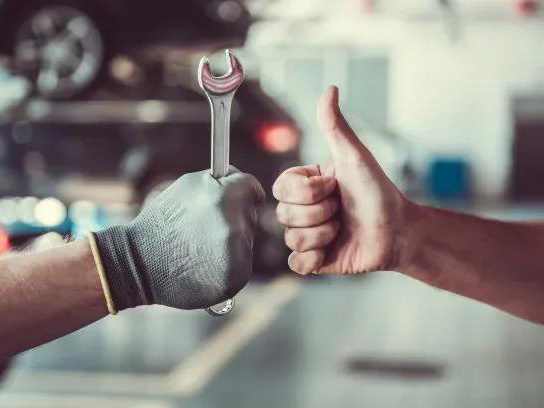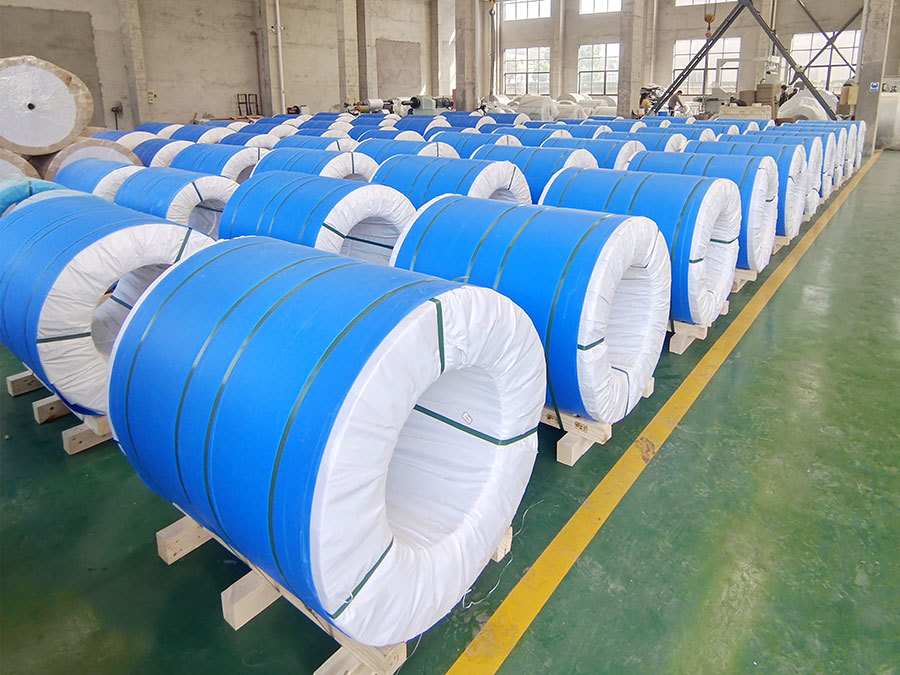MEMA:Changes In Import Rules For Aluminum And Steel May Put
Time of issue:
Jun 10,2025
One of the primary concerns for MEMA members is the potential increase in costs associated with these new import rules.
In recent years, the global trade landscape has been undergoing significant transformations, particularly in the sectors of aluminum and steel. The Motor & Equipment Manufacturers Association (MEMA) has been closely monitoring these changes, as they have far-reaching implications for the automotive industry and the economy at large. This article explores the recent changes in import rules for aluminum and steel, the potential impact on manufacturers, and the broader implications for the economy.
The introduction of new import rules for aluminum and steel can be traced back to the increasing concerns regarding national security and the protection of domestic industries. The U.S. government has implemented tariffs and quotas aimed at curbing the influx of foreign metals, particularly from countries that have been accused of unfair trade practices. These measures have been designed to bolster domestic production and reduce dependency on foreign imports. While the intentions behind these rules may be commendable, the ramifications for the automotive sector cannot be overlooked.
One of the primary concerns for MEMA members is the potential increase in costs associated with these new import rules. The automotive industry relies heavily on aluminum and steel for the production of vehicles, and any disruption in the supply chain can lead to significant financial implications. As tariffs raise the price of imported metals, manufacturers may be forced to absorb these costs or pass them on to consumers, leading to higher vehicle prices. This could ultimately impact consumer demand, as potential buyers may be deterred by increased costs.
Furthermore, the changes in import rules may lead to a reduction in the availability of certain types of aluminum and steel that are essential for automotive production. Manufacturers often rely on a diverse range of materials to create vehicles that meet safety and performance standards. If specific alloys or grades become scarce due to import restrictions, manufacturers may struggle to find suitable alternatives. This could lead to production delays and a slowdown in vehicle manufacturing, further exacerbating supply chain challenges that have already been heightened by the COVID-19 pandemic.
The impact of these changes is not limited to manufacturers alone; consumers will also feel the effects. As mentioned earlier, increased costs may be passed down to consumers, resulting in higher prices for new vehicles. Additionally, a slowdown in production could lead to reduced inventory levels at dealerships, making it more challenging for consumers to find the vehicles they want. This could create a ripple effect throughout the economy, as automotive sales are a significant driver of economic growth.
In light of these challenges, MEMA is advocating for a balanced approach to trade policy that considers the needs of domestic manufacturers while also ensuring that the automotive industry can thrive. The association believes that it is essential to work collaboratively with government officials and industry stakeholders to develop solutions that support fair competition without stifling innovation and growth. This could involve revisiting the current tariff structures or exploring exemptions for specific materials that are critical to automotive production.
Moreover, MEMA emphasizes the importance of investing in domestic production capabilities. By strengthening the domestic supply chain for aluminum and steel, manufacturers can reduce their reliance on imports and mitigate the risks associated with fluctuating trade policies. This may involve incentivizing domestic production through tax credits or grants, as well as fostering partnerships between manufacturers and local suppliers. By bolstering the domestic supply chain, the automotive industry can become more resilient and better equipped to navigate future challenges.
Another crucial aspect of the discussion surrounding import rules is the potential for retaliatory measures from other countries. As the U.S. government implements tariffs on aluminum and steel imports, affected countries may respond with their own tariffs on U.S. goods. This could lead to a trade war that further complicates the global trade landscape and disrupts supply chains across multiple industries. MEMA is urging policymakers to consider the broader implications of their actions and to engage in diplomatic discussions to resolve trade disputes amicably.
In conclusion, the recent changes in import rules for aluminum and steel have significant implications for the automotive industry and the economy as a whole. While the intentions behind these measures may be rooted in national security and the protection of domestic industries, the potential consequences must be carefully considered. Increased costs, reduced availability of essential materials, and the risk of retaliatory measures could create challenges for manufacturers and consumers alike.
MEMA is committed to advocating for a balanced approach to trade policy that supports the needs of the automotive industry while promoting fair competition. By investing in domestic production capabilities and fostering collaboration between stakeholders, the industry can navigate these challenges and emerge stronger in the face of evolving trade dynamics. As the landscape continues to change, it is crucial for manufacturers, policymakers, and consumers to work together to ensure a sustainable and prosperous future for the automotive sector.
TAG:
RELATED BLOG
Exhibition
24 Jun,2025
Exhibition
The importance and strategy of market after-sales service guarantee
24 Jun,2025
Exhibition
The importance of technological innovation for enterprises!
24 Jun,2025
Exhibition
Aluminum For Automobile Continues To Increase
24 Jun,2025
Leave Message
We will contact you within one working day. Please pay attention to your email.
Quick Link
Contact Us
Whatsapp: +8615137972157
Tel: +8615137972157
E-mail: zhengguo.chen@kunyaocn.com
Add: Luoyang Industrial Park, Luoyang City, Henan,China









